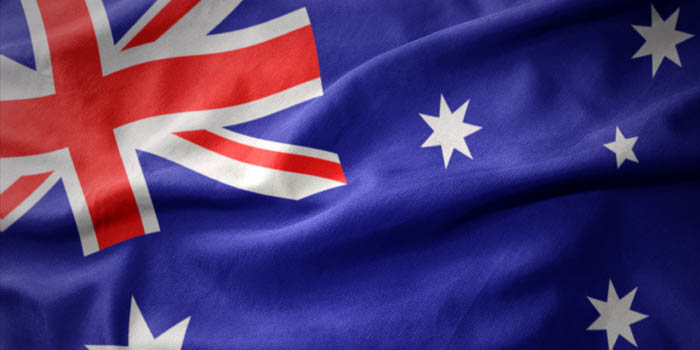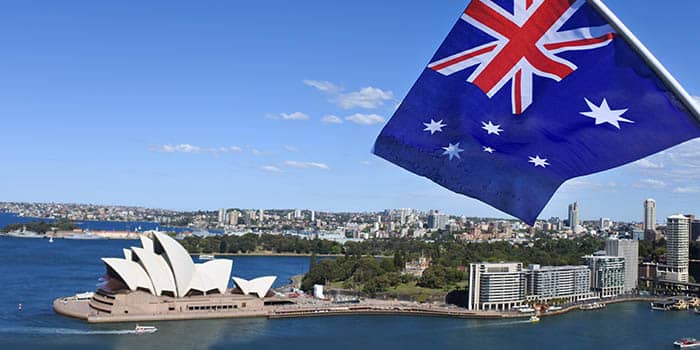Australian Operators Claim Credit Data Not Necessarily Indicative of Increase in Gambling

Responsible Wagering Australia chief executive Brent Jackson has cautioned researchers not to misinterpret credit data as necessarily tied up to increase in online gambling.
Operator Association Refutes Claims That Credit Data Indicates More Gambling
The Responsible Wagering Australia (RWA), an association representing operators in Australia, has said that consumer credit data were not sufficient to determine public spending, let alone tie up money spent via credit cards to the “alarmist” reports that have indicated an increase in gambling and specifically gambling fueled by credit card funds.
In jurisdictions such as the United Kingdom, credit cards have been banned altogether to prevent players from wagering and playing with money they don’t have, and break affordability thresholds.
According to the RWA, the data used in the recent surveys were historic and compiled over a larger period of time. Yet, it was used to specifically highlight a surge in the amount spend on gambling via credit cards during the coronavirus lockdown.
The RWA has described this information as inaccurate and misleading. The association reaction has been prompted by a string of reports in recent weeks that have suggested that Australians are now gambling more as a direct result of the lockdown and global pandemic.
As a result, more people were showing signs of gambling addiction or experiencing problem gambling. “Without any context,” cautioned RWA chief executive Brent Jackson, “people assume that increase in online gambling during the coronavirus automatically mean an increase in overall gambling activity.”
He specified that in compiling such reports and assessing specific periods and the gambling activity during those periods, researchers should take their data from “credible sources,” hinting that overall credit history wasn’t a good enough source in the first place.
Jackson Urges Researchers to Read the Data Correctly
Jackson further noted that the data didn’t apply to just online gambling or even sports betting, as online gambling is prohibited in the country. He said that the data encompassed overall spending, and most has shifted online due to the novel coronavirus.
Addressing the issue, he found relevant, Jackson called attention to the fact that illegal and unlicensed offshore operators continued to offer gambling products unperturbed. He specifically said:
“Online casinos and pokies operate illegally in Australia despite hundreds of overseas websites being accessible with the click of a button. While it’s against the law for businesses to provide these betting games to the Australian market, it isn’t actually illegal for Australians to access them, and this puts consumers at major risk.”
The jump in smartphone and mobile devices use had made it simpler to participate in online gambling websites, Jackson continued. He reminded that most consumers are walking around with what he described as “an online casino in their pockets”.
There have been many efforts to curb illegal gambling in the country. The Australian Communications and Media Authority (ACMA) successfully suspended 66 domains since it began cutting access to offshore gambling sites in November 2019.
Just recently, another 11 domains followed and Australia has allocated fines amounting to $953,390 per day for any operator who falls under the Interactive Gambling Amendment Bill and extends gambling products to Australian citizens without the appropriate license.
Australia is even targeting individuals who have been running fraudulent gambling operations and particularly in sports betting.
With 4 years experience as an analyst, Julie—or ‘Jewels’, as we aptly refer to her in the office—is nothing short of a marvel-worthy in her attention to the forex and cryptocurrency space as she quickly became the first pick to co-pilot education to the masses with Mike.














